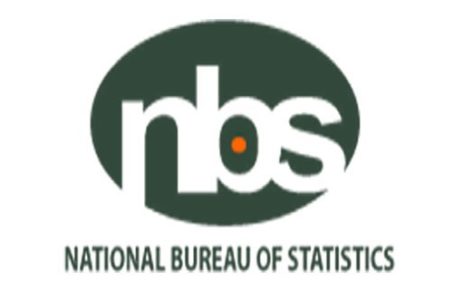…..consumers to pay more for fuel, other items
Oil prices at the global markets rose to a nine-year high since 2014 on Tuesday as Saudi Arabia announced the sustenance of its voluntary production cuts of one million barrels per day until the end of 2023 even as Russia also expressed its export cuts of 300,000 bpd extension until the end of the year
Latest news on the global oil markets’ prices indicated that Brent crude, the international benchmark, rose to above $90 a barrel, representing more than 12% surge since January this year, while West Texas Intermediate, the US marker, also surged to $87 a barrel, its highest level in seven years.
Analysts saw the decision by Saudi Arabia as a surprise and had expected the kingdom to ease its supply curbs as demand recovers from the pandemic.
For Nigeria, the surge in oil prices will have mixed implications for her economy in view of the fact that higher energy costs could fuel inflation and dampen consumer spending in the months ahead, especially when considered within the context that country is currently contending with multi-faceted fiscal and monetary policy whirlwinds.
On the positive side, the surging prices hold revenue promises for Nigeria in terms of foreign exchange (FX) earnings from crude oil exports and by so doing, help the Federal Government to achieve improved efficiency in budget funding and improve its fiscal position.
It is projected that the improved FX accretion could help the government to increase spending on critical infrastructure, health and education as it is currently planning, reduce its borrowing and debt servicing costs with the attendant positive implications for the nation’s economic growth and development.
However, on the flip side and as an import-dependent economy, the rise in oil prices, if sustained, will worsen the current challenge of surging inflation in the country, which peaked at 24.08% in July, and the poverty level in the country.
This is true when it is noted that Nigeria had been struggling with the negative impact of the fuel subsidy removal since May 29 this year, as consumers now buy fuel by over 400% higher than the pre-subsidy removal ear with the attendant spiking prices of all consumer goods, especially food items.
The National Bureau of Statistics (NBS) recently reported that Nigerians paid 210.31% higher for petrol in June this year at N545.83 relative to the N175.89 they paid per litre for the commodity in the corresponding month of last year
Also, oil prices surging in the months ahead will vitiate the impact of the fuel subsidy removal palliatives on the masses, who already are groaning under intense macroeconomic hardships associated with the fuel subsidy removal and Naira exchange rates unification policy of the President Bola Tinubu-led administration.
Economic analysts foresee that the rising oil prices would invariably put more pressure on the government to provide succour for millions of ordinary Nigerians who have seen their purchasing power dissipate over the past months.




